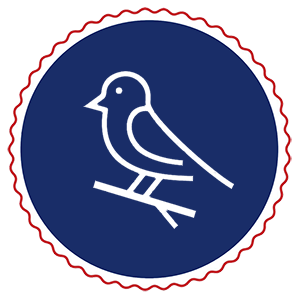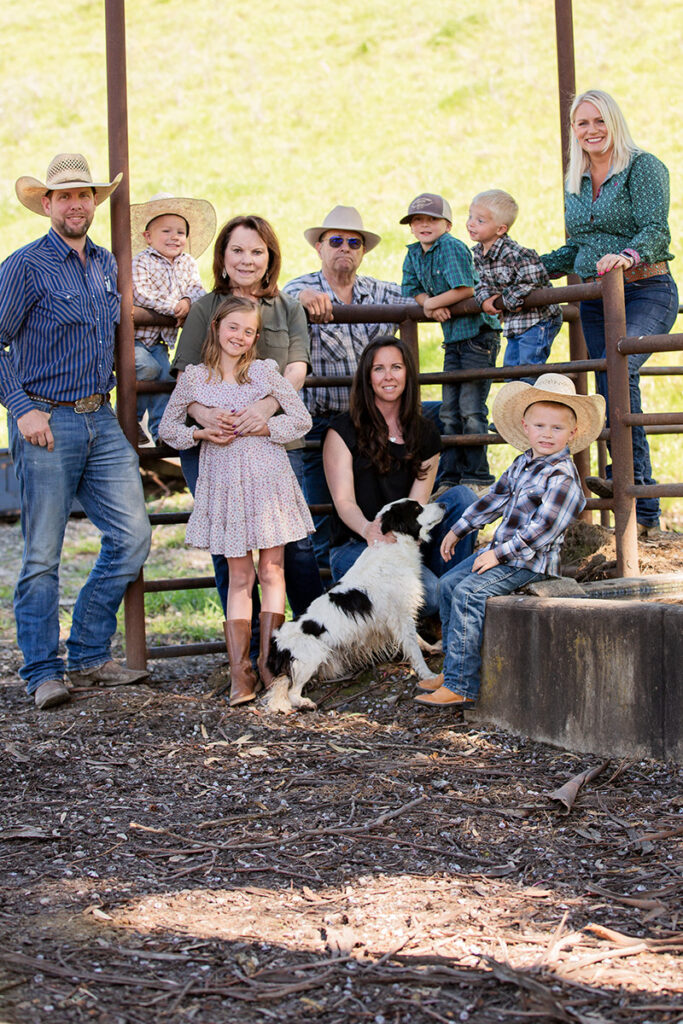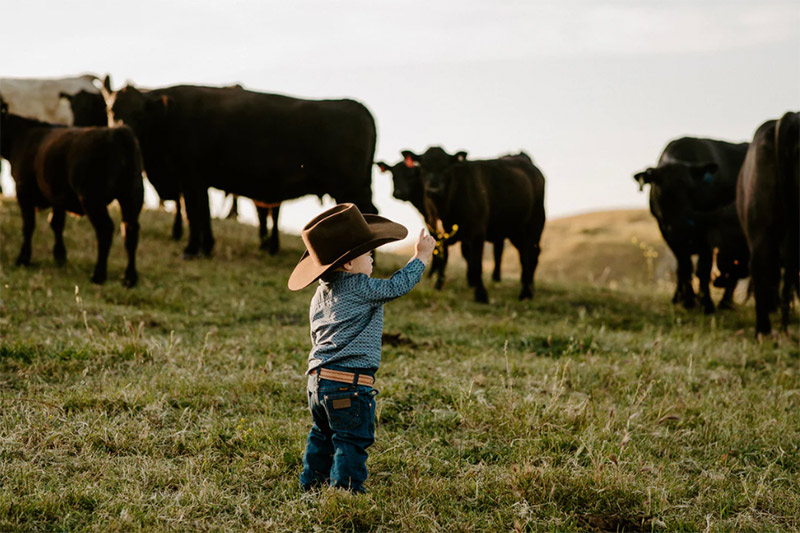
Koopmann Ranch
Sunol, CA
An Agricultural History
The Koopmann family has a long history of ranching within the Bay Area, starting in the late 1800s. Additionally, later generations of the family presented livestock at the Alameda County Fair, and continue to be associated with the Fair’s agricultural efforts. The Koopmann’s make an effort to protect the rangeland of their ranch through various sustainability and conservation efforts.
Through the years
- 1867: Koopmann Family emigrated from Germany, settled in Half Moon Bay area, Northern California coast
- 1889: Purchased and homesteaded property in hills west of Dublin, California
- 1918: Sold Dublin property, bought approximately 900 acres between Pleasanton and Sunol for $35 per acre
- 1963: State of California acquired part of Koopmann Ranch for Highway-680 construction, displacing original homestead, barns, corrals and farm ground
- Early 1990s: Walnut orchard removed due to ‘blackline’ disease; continued beef cattle operation

Current Management
- Tim and Melinda Koopmann run a commercial beef cattle operation
- Red Angus, Hereford and Shorthorn cross cattle
- Clayton, Natalie, Chance, Clayton’s sister, and her family manage the Ranch, enhancing ecological benefits of grazing practices

Wildlife
- Blacktail deer
- Mountain lions
- Bobcats
- Badgers
- Nesting golden eagles
- California tiger salamander
- California red-legged frog
- Callippe silverspot butterfly
- Western pond turtles

Conservation Efforts
- Partnered with California Rangeland Trust for conservation easements protecting wildlife habitat
- Implemented wildlife-friendly infrastructure (fencing, water trough escape ramps)
Partnered with Ohlone Audubon Society for bird activity monitoring and installed barn owl and western bluebird nesting boxes.

Awards
- Excellence in Range Management Award (2004)
- Leopold Conservation Award for voluntary conservation achievements (2011)
Additional Operations
Clayton and Natalie manage their own angus-cross cattle herd on various ranches in Alameda and Santa Clara Counties, including public lands, using science-based conservation grazing methods to enhance ecological value (see Koopman Family Beef).




